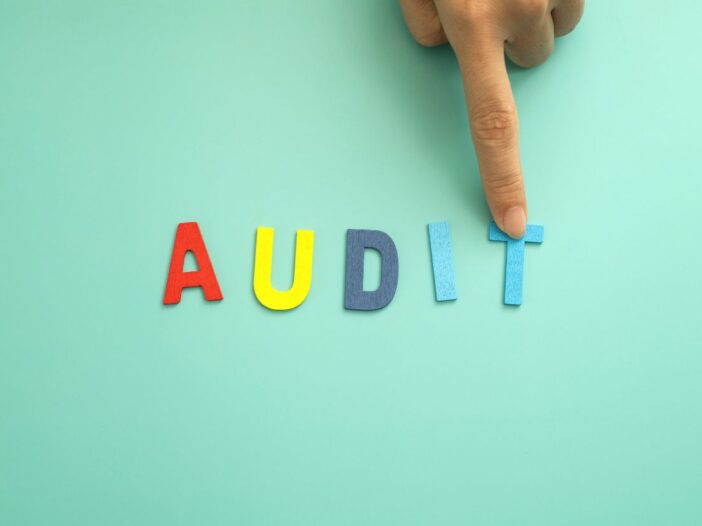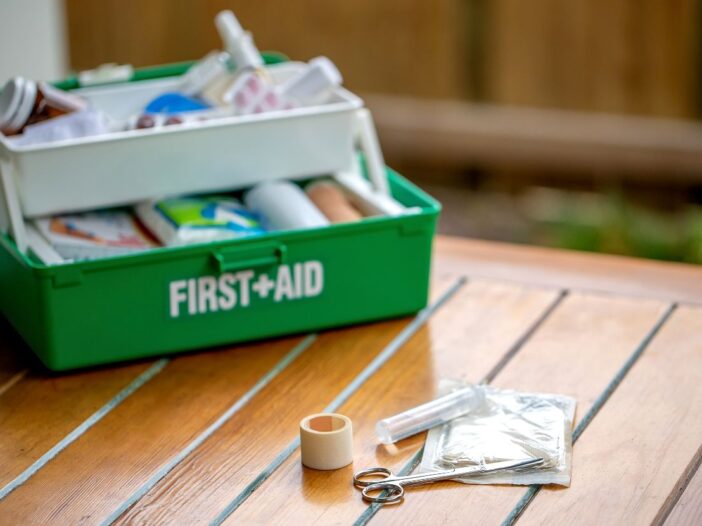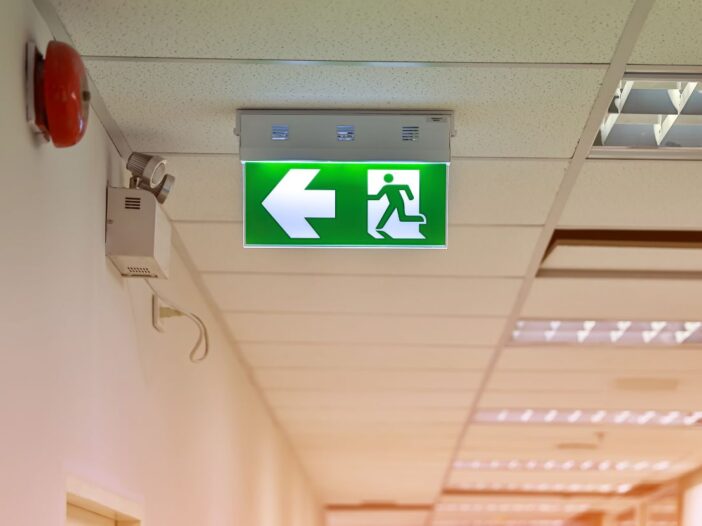Health and safety blogs
Stay up-to-date with our fire, health and safety blogs and comprehensive guides.
Latest Blogs

7 reasons why a health and safety audit is important
All Blogs
Access our complete library of fire, health and safety news, guides and advice.

Manual handling safety: 10 team lifting tips

Is it time to review your first aid policy?

What is ESG risk management?

Why your DSE process is building a non-compliance database and what to do about it

The role of physiotherapy in occupational health – Lina Chauhan

Your essential guide to UK ladder regulations

Toxic AFFF firefighting foam – what you need to know

What is fire marshal training?

What is the HSE’s Plan, Do, Check, Act model?

Quick read: the Building Safety Act 2022 summary

What is an asbestos management plan?

Abrasive wheels safety – what you need to know
Get the latest fire, health and safety guides to your inbox!
From our industry webinars and our latest Risk. Sleep. Repeat. podcast episodes to regular fire, health and safety guides, we bring you the best insights and expert advice with our regular newsletter.

